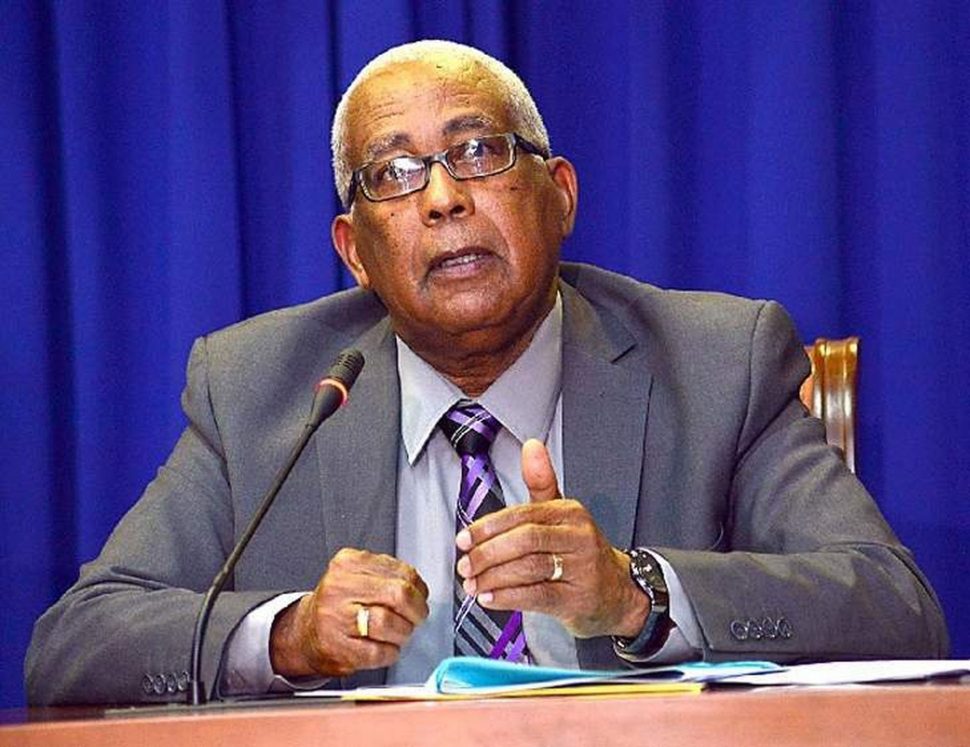(Trinidad Guardian) As Trinidad & Tobago joined the rest of the world in celebrating World Teachers’ Day yesterday, questions have arisen about what incentives can be offered locally to attract more males to the teaching profession.
Education Minister Anthony Garcia said there was currently a dearth of male teachers, especially at the primary level.
Complimenting the nation’s teachers for their continued efforts and dedication to duty, Garcia said, “We are currently oversubscribed as there are large numbers of persons who are desirous of entering the teaching service and who have the requisite qualifications.
“This oversupply extends across the ECCE, primary and secondary levels but we are having a problem attracting many males to the profession.”
Garcia said tertiary education facilities such as the University of the West Indies (UWI); the University of T&T (UTT); and the University of the Southern Caribbean (USC) each had rigorous teaching programmes which were encouraging more and more people to invest in this area of study.
Agreeing with Garcia that not enough men were being attracted to the teaching profession, Trinidad and Tobago Unified Teachers’ Association (TTUTA) President Lynsley Doodhai said, “If you go to any school and check now, there is a lack of male teachers. If you were to check any school now, you would find that between 75 to 80 per cent of the teachers are female.”
Attributing the shortage to the issue of compensation and the lack of upward mobility in this particular profession, Doodhai explained, “Men may not be attracted to the profession because the compensation that goes with the responsibility and qualifications required for the job is not enough to ensure they can look after and properly provide for their families. Also, they may feel there is more scope for them to progress in other fields.”
Since its inception in 1994, World Teachers’ Day recognises the expertise, energy and passion of teachers who are the cornerstone of education systems around the world.
This year, the theme is—Young Teachers: The Future of the Profession.
In a release, TTUTA said, “In addition to providing the occasion to celebrate the teaching profession worldwide and to take stock of achievements, it will also allow for some of the pertinent issues critical for attracting and keeping the brightest minds and young talents in the profession to be addressed.
“Young teachers are essential to the regeneration of the profession itself. Without a new generation of motivated teachers, millions of learners worldwide will miss out or continue to miss out, on their right to a quality education. With teachers being underpaid and undervalued, attracting and retaining talent is a challenge.”
Concerned that with large percentages of teachers likely to retire from practice in the coming decade and not enough young candidates coming into the profession to replace the, the TTUTA president said the authorities needed to make sure there wasn’t a sudden exodus of experienced teachers leaving the service due to burnout and frustration.
If this were to occur, Doodhai said, “It could jeopardise the profession in that we end up with a crop of young and inexperienced teachers.”

